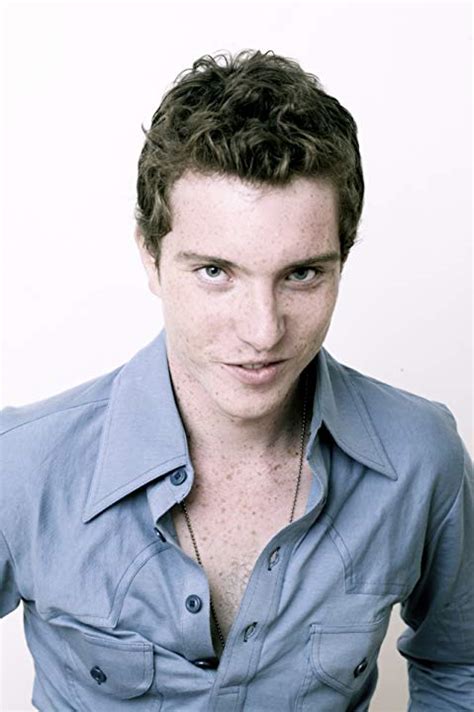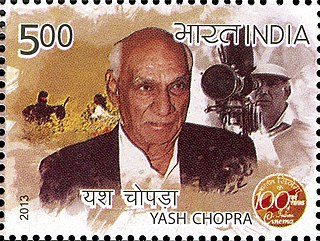A Quote by Jonas Mekas
I'm working in a form of cinema that can be described, and has been described, as a diaristic form of cinema. In other words, with material from my own life. I walk through life with my camera, and occasionally I film. I never think about scripts, never think about films, making films.
Related Quotes
More than my other films, Uncle Boonmee is very much about cinema, that's also why it's personal. If you care to look, each reel of the film has a different style - acting style, lighting style, or cinematic references - but most of them reflect movies. I think that when you make a film about recollection and death, you have to consider that cinema is also dying - at least this kind of old cinema that nobody makes anymore.
I think what I loved in cinema - and what I mean by cinema is not just films, but proper, classical cinema - are the extraordinary moments that can occur on screen. At the same time, I do feel that cinema and theater feed each other. I feel like you can do close-up on stage and you can do something very bold and highly characterized - and, dare I say, theatrical - on camera. I think the cameras and the viewpoints shift depending on the intensity and integrity of your intention and focus on that.
Films have been my only passion in life. I have always been proud of making films and will continue taking pride in all my films. I have never made a movie I have not believed in. However, though I love all my films, one tends to get attached to films that do well. But I do not have any regrets about making films that did not really do well at the box office.
My production company wasn't doing well, so we were not producing films. Over a period of time, we have realized that we are going to produce our own films and make cinema that we like. We've got so much in-house talent, and my kids are going to be coming, so we all decided that we are going to be in films and cinema.
I think that's true of all cinema, that's why cinema is the great humanistic art form. Whatever the film is, it doesn't matter what the film is about, or even whether it's a narrative or figurative film at all, it's an invitation to step into somebody else's shoes. Even if it's the filmmaker's shoes filming a landscape, you go into somebody else's shoes and you look out of their lens, you look out of their eyes and their imagination. That's what going to the pictures is all about.






































